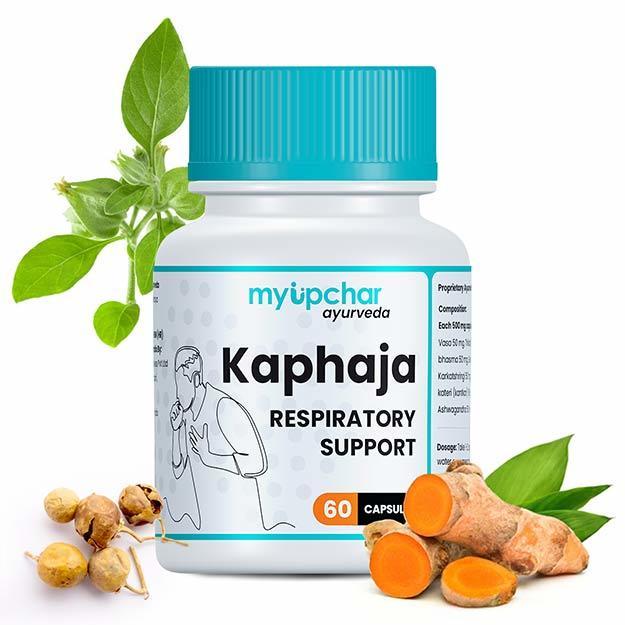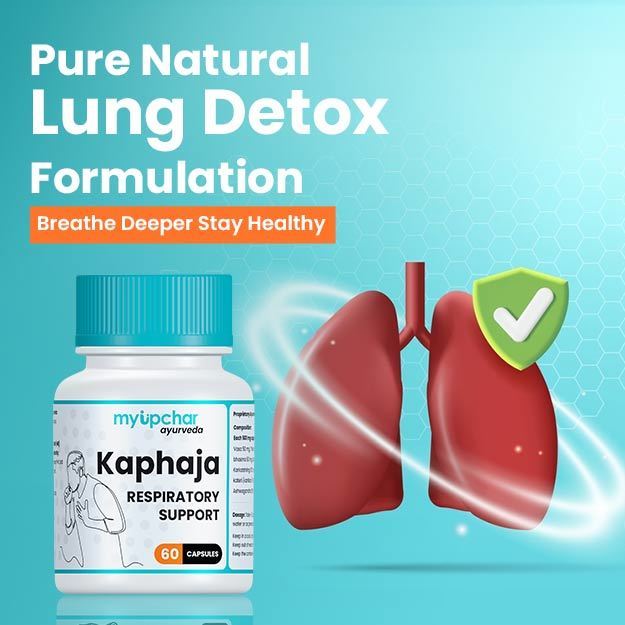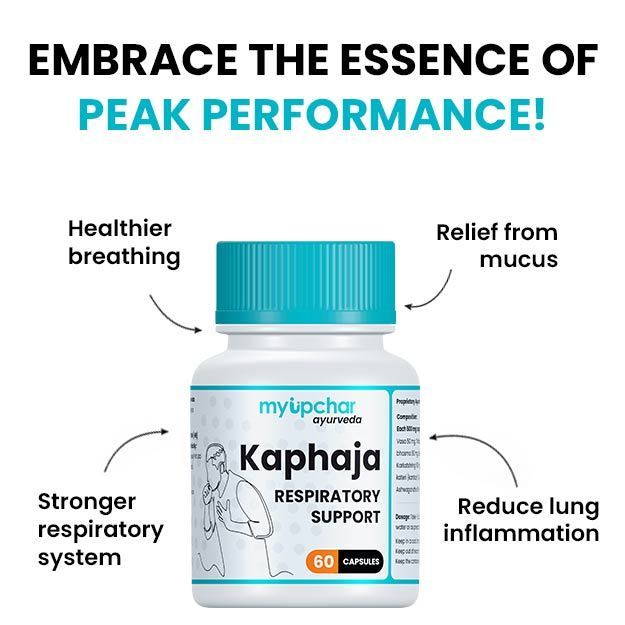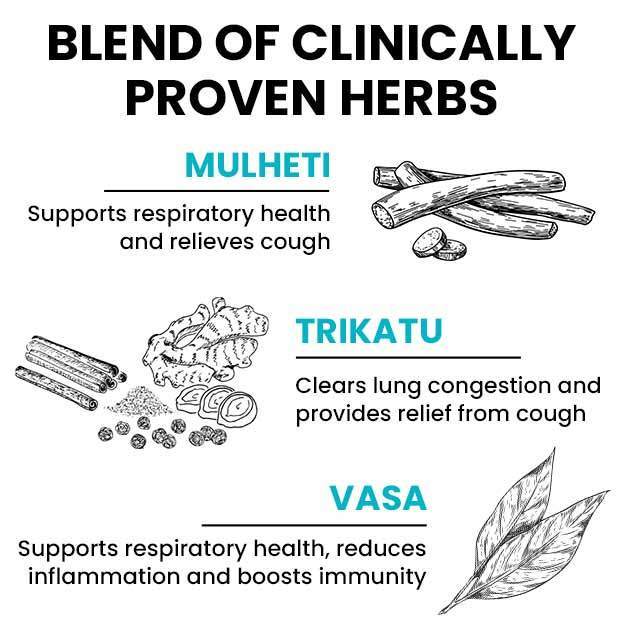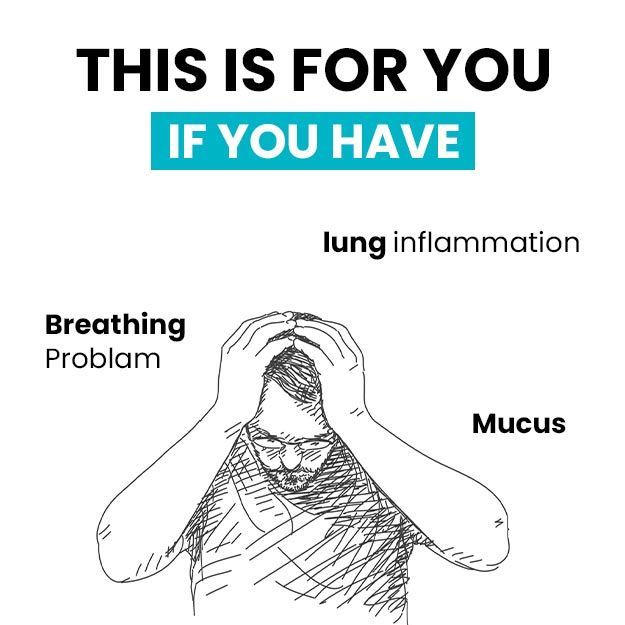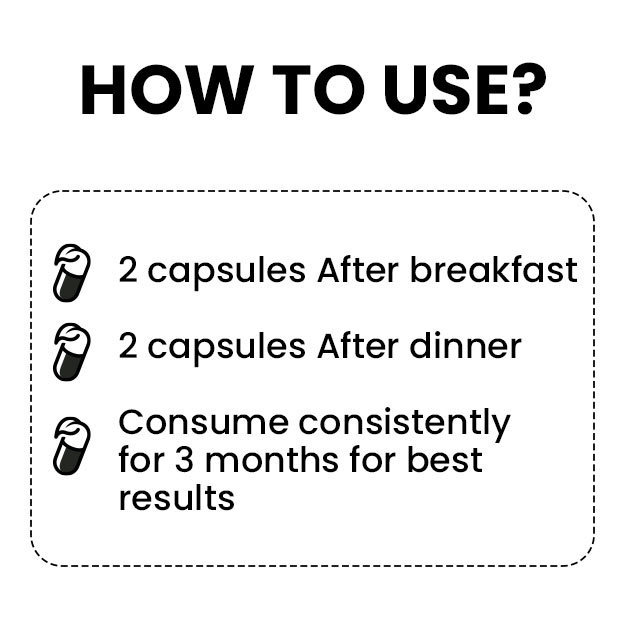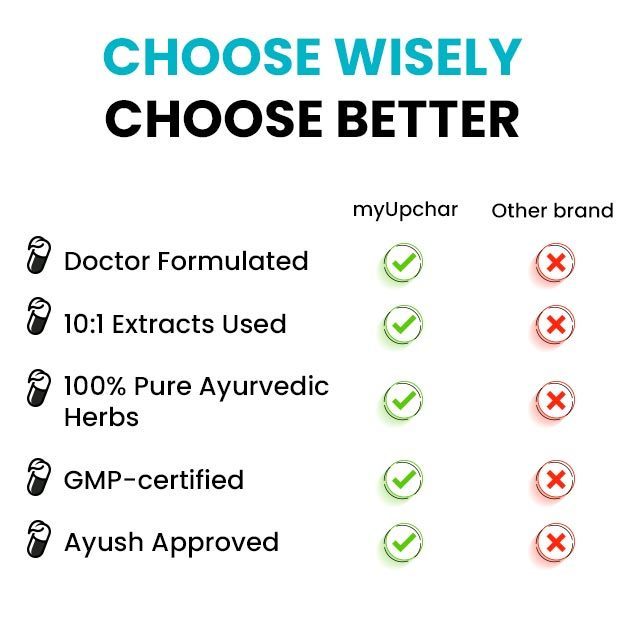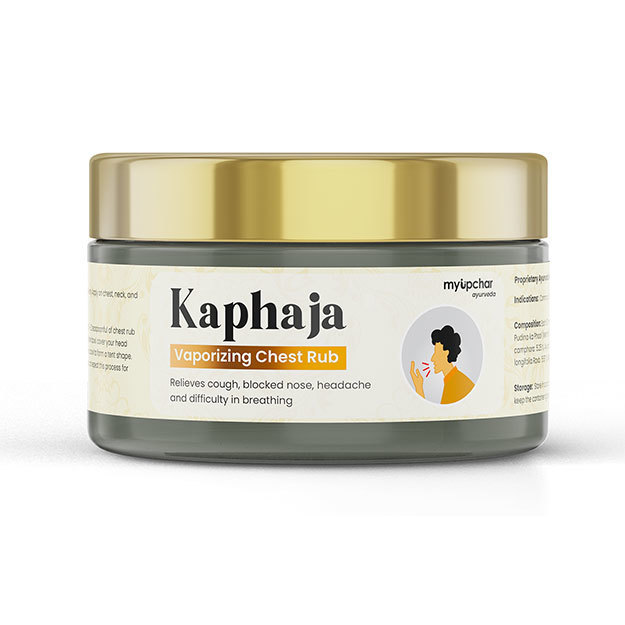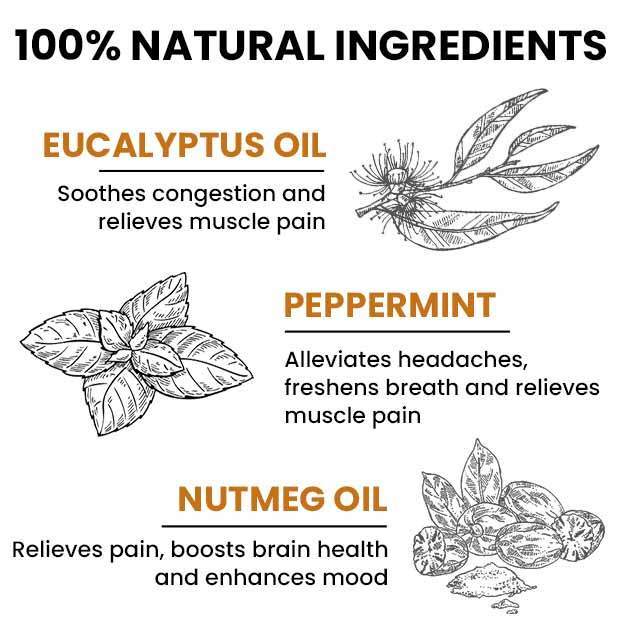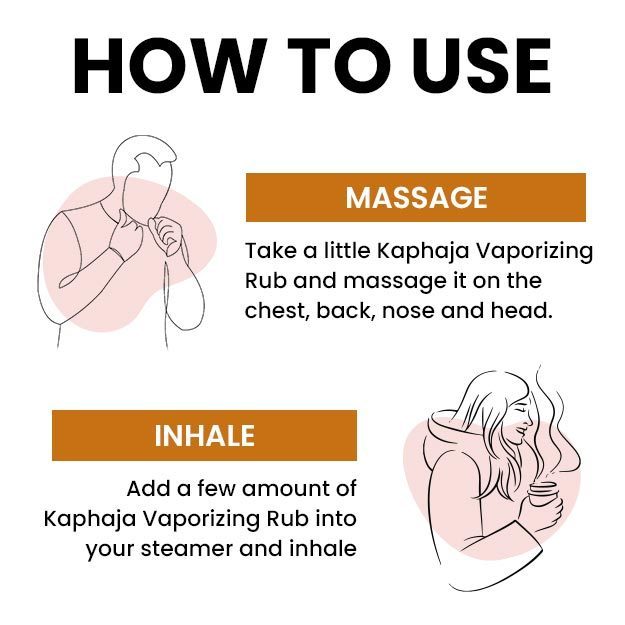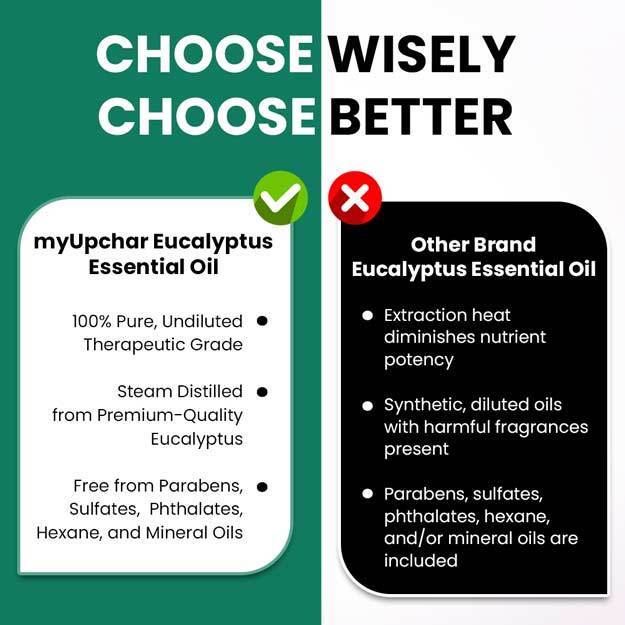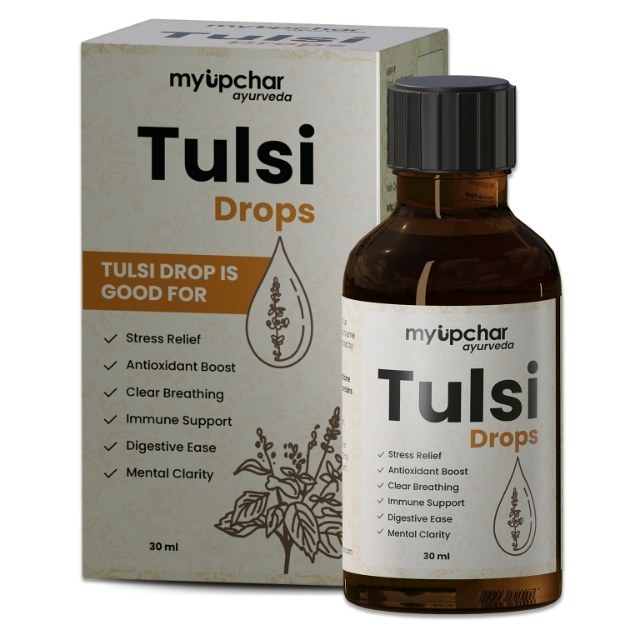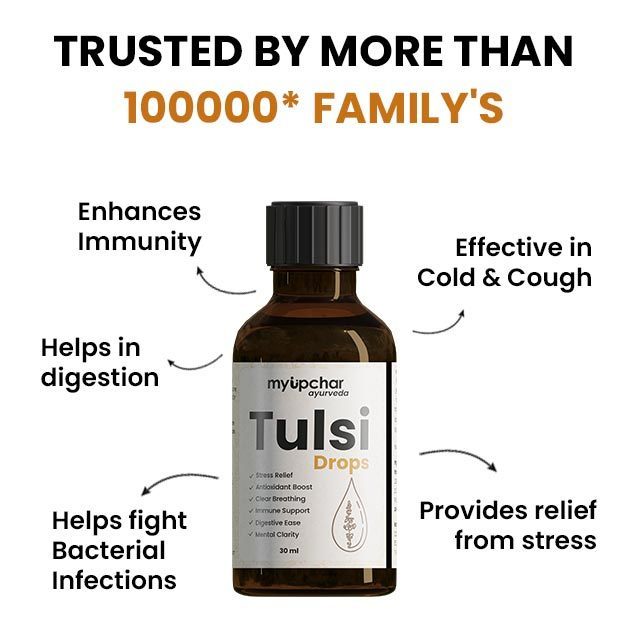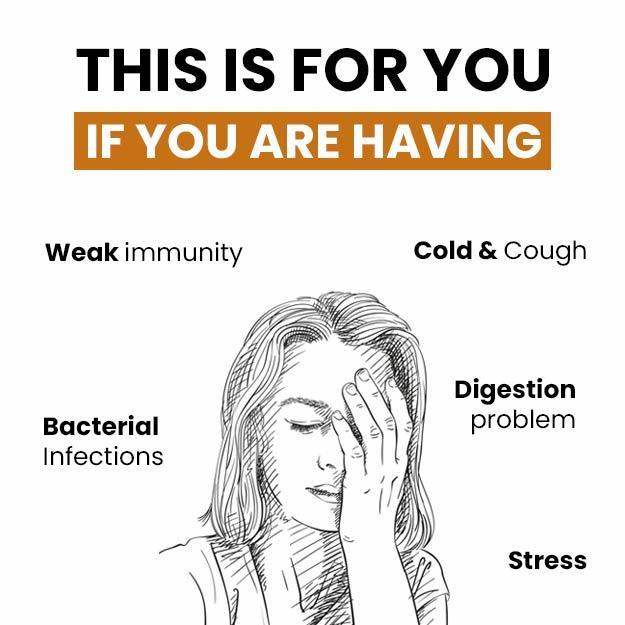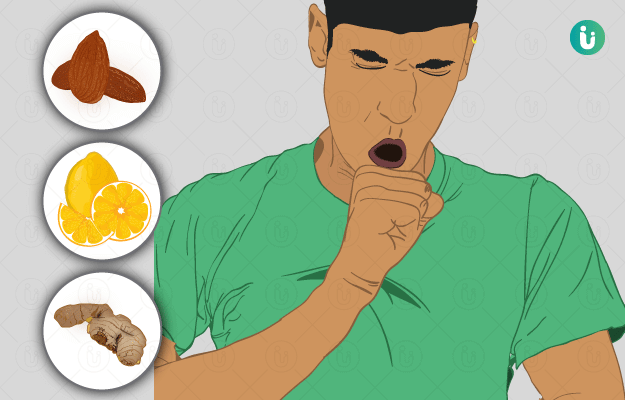A wet cough is a sign of bacterial or viral infection. In most cases no treatment is required. Treatment can be done with medications and lifestyle changes. Cough is a symptom of many conditions and diseases. This is the body's way of responding to a stimulus in the respiratory system.
When irritants such as allergens, dust, pollution or smoke enter your airways, special sensors send a message to the brain, and the brain becomes alert to their presence.
The brain then sends a message through the spinal cord to the chest and abdominal muscles. When these muscles contract rapidly, they push a stream of air out of the respiratory system. This puff of air, or cough, helps expel harmful irritants.
Coughing is an important response that can help expel harmful irritants that can make you sick or make it difficult to breathe. When you're sick, coughing also expels mucus (phlegm) and other secretions from your body, helping to clear the airways, help you breathe easier, and heal faster.
A wet cough is a cough that produces mucus. It may feel as if something is stuck in your chest or the back of your throat. Sometimes, due to wet cough, phlegm also comes into the mouth. A wet cough indicates that our body is producing more mucus than normal. Wet cough often occurs at night because when we lie down, mucus accumulates at the back of the throat, causing the cough to start again.
Read more - (Home remedies for whooping cough)
- Cause of Wet Cough
- Wet Cough in an Infant or Child
- Diagnosis of Wet Cough
- How To Get Rid of Wet Cough
- Dry Cough vs Wet Cough
- When to See a Doctor
- Summary
Cause of Wet Cough
Wet cough is often caused by infection with microorganisms such as bacteria or viruses. This includes the microorganisms that cause the cold or flu. Our entire respiratory system is made up of mucous membranes. Mucus has many beneficial functions in the body, such as keeping airways moist and protecting your lungs from irritation.
However, when one has the flu, the body produces more mucus than normal. It does this to help capture and expel infection-causing organisms. Coughing helps get rid of all the excess mucus trapped in the lungs and chest.
Other reasons why your body may produce more mucus than normal may cause you to have a wet cough. If your wet cough has been going on for more than a few weeks, it may be caused by:
- Bronchitis: Bronchitis is an inflammation of the bronchial tubes, the tubes that carry air to your lungs. Acute bronchitis is usually caused by a variety of viruses. Chronic bronchitis is an ongoing condition, often caused by smoking.
-
Pneumonia: Pneumonia is a lung infection caused by bacteria, viruses, or fungi. This is a condition that can range in severity from mild to life threatening.
-
COPD: Chronic obstructive pulmonary disease (COPD) is a group of conditions that damage both your lungs and bronchial tubes. Smoking is the number one cause of COPD.
-
Cystic Fibrosis: Cystic fibrosis is a genetic condition of the respiratory system. It is usually diagnosed in childhood itself. It causes the production of thick, sticky mucus in the lungs and other organs. All 50 states in the US screen infants for cystic fibrosis at birth.
-
Asthma: Although people with asthma are more likely to have a dry cough, a small group of people constantly produce excess mucus and experience a chronic wet cough.
-
Pulmonary edema: Pulmonary edema is a buildup of fluid in the lungs. This is usually caused by heart failure and is a very common cause of a wet cough. If you have pulmonary edema, you may cough up pink, foamy phlegm.
Read more - (Home remedies for cough in babies)
Wet Cough in an Infant or Child
Cough in children is mostly caused by viral infections. Cough can also occur due to asthma.
All other causes of wet cough in children, such as the following, are rare:
- Whooping cough: Whooping cough manifests in violent attacks of uncontrolled coughing. Babies make a "whoop" sound when gasping for air.
-
Inhalation: Cough in children is sometimes caused by a foreign object, cigarette smoke, or other environmental irritants.
-
Pneumonia: Pneumonia can be dangerous in newborns and young children.
Read more - (Is Cough Related to Heart Disease?)
Diagnosis of Wet Cough
To diagnose a cough, the doctor first needs to know how long it has been going on and how severe the symptoms are. Most coughs can be diagnosed with a simple physical examination. If your cough is long-lasting or severe, or you have other symptoms such as fever, weight loss, and fatigue, the doctor may order additional testing.
Additional testing may include:
- chest X-ray
-
lung function tests
-
heart test
-
sputum analysis, which is a microscopic look at mucus
-
pulse oximetry test, which measures the amount of oxygen in your blood
-
Arterial blood gas test, which tests a blood sample from an artery to show your blood chemistry as well as the amount of oxygen and carbon dioxide in your blood
Read more - (Home remedies for dry cough)
How To Get Rid of Wet Cough
Treatment of a wet cough depends on what is causing it. Most wet coughs caused by viruses such as the cold or flu do not require treatment. The virus should just do its thing. Bacterial causes require antibiotics.
If you or your child is having trouble sleeping, you may want to use something to help reduce mucus and cough.
An older study from 2012 showed that giving 10 grams of honey before bedtime to the child is a safe method. Keep in mind that raw honey is not suitable for children under 12 months of age due to the risk of botulism.
The Food and Drug Administration (FDA) recommends that over-the-counter (OTC) cough and cold medications should not be given to children younger than 2 years.
Other possible treatments for a wet cough may include:
- OTC cough medicines for older children and adults
-
prescription cough medicines
-
acetaminophen (Tylenol) or ibuprofen (Advil, Motrin) for body aches and chest discomfort from cough
-
bronchodilators
-
Steroids for asthma-related cough
-
allergy medicines
-
antibiotics for bacterial infections
-
medications for pulmonary edema, such as diuretics and medications that can help the heart pump more
-
Moist air, delivered by humidifier or steam
Read more - (Is Cough Related to Heart Disease?)
Dry Cough vs Wet Cough
A dry, harsh cough is a cough that does not produce mucus. A dry cough can be painful and difficult to manage. They occur when your respiratory tract is inflamed or irritated but excess mucus is not being produced.
Dry cough is common in the weeks following a respiratory infection. Once the excess mucus clears, a dry cough may persist for weeks or months.
Other possible causes of dry cough include:
- asthma
-
croup
-
gastroesophageal reflux disease (GERD)
-
Medications, especially angiotensin-converting enzyme (ACE) inhibitors
-
Exposure to irritants such as dust, pollution, or smoke
When to See a Doctor
Consult a doctor if your cough continues for more than 2 weeks. If you have trouble breathing or coughing up blood, or the skin turns blue, you may need immediate medical help. Foul-smelling mucus may also be a sign of a more serious infection.




